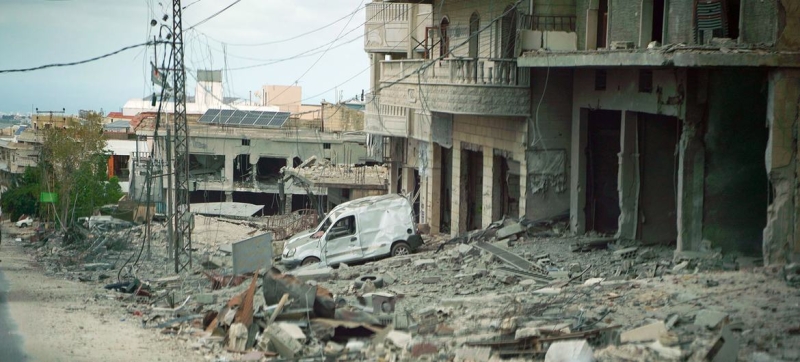
People return to devastated areas in southern Lebanon. Ceasefire agreement in Lebanon: Residents of damaged areas begin to return home Peace and security
A ceasefire agreement based on the full implementation of Resolution 1701, facilitated by UN peacekeepers and supported by an international monitoring committee, came into force in Lebanon early Wednesday morning. UN humanitarian agencies are supporting people who have fled the fighting, who have already begun to return home.
“As soon as the ceasefire came into effect at 4am, people from southern Lebanon, the southern suburbs of Beirut and the Bekaa Valley began returning after months of displacement,” the UN refugee agency (UNHCR) said.
Skirmishes across the UN-patrolled Blue Line escalated into full-scale war in September, killing thousands of civilians and forcing more than 886,000 people from their homes, according to the International Organization for Migration (IOM).
Humanitarian aid continues
UNHCR said 11 of its trucks had delivered essential supplies to the eastern town of Baalbek, including blankets, mattresses, winter jackets, tarpaulins and sunscreens. lamps.
“We will continue to work closely with local authorities and partners to provide much-needed support to affected people and help them stay warm and safe this winter,” the Office said. “We will continue to provide essential assistance as displaced people rebuild their lives after significant losses and destruction.”
Implementation of the agreement
“Urgent work to sustain peace must begin now,” said UNICEF Executive Director Catherine Russell, welcoming the ceasefire agreement.
She stressed that families must be able to return to their communities in safety, and the protection of children and their families must remain a priority in all stabilization and recovery efforts.
Russell also called for guarantees of unhindered access for humanitarian workers, particularly in southern Lebanon. According to UNICEF, more than two million children are out of school because of the war, and many have lost access to health care and other essential services.
“We call on all parties to fulfil their obligations, respect international law and work with the international community to sustain peace and ensure a brighter future for children,” the UNICEF chief said.
Also welcoming the ceasefire, World Health Organization (WHO) Director-General Tedros Adhanom Ghebreyesus called for its immediate implementation, while stressing that the war had been “particularly devastating” for Lebanon’s health system.
Siege of northern Gaza
Meanwhile, northern Gaza has been under siege for more than 50 days, and humanitarian missions continue to be denied access to these communities, the UN Refugee Agency (UNRWA) said.
The UN Office for the Coordination of Humanitarian Affairs (OCHA) has warned of a sharp deterioration in the food situation in the enclave. According to the latest figures, 3,410 children were hospitalized with acute malnutrition between November 1 and 23. In the four months from July to October, an average of 4,700 children were admitted for treatment each month, accounting for more than half – 67 percent – of all cases since the beginning of the year.
Aid workers, however, have noted a “significant increase” in the number of children suffering from severe acute malnutrition.
